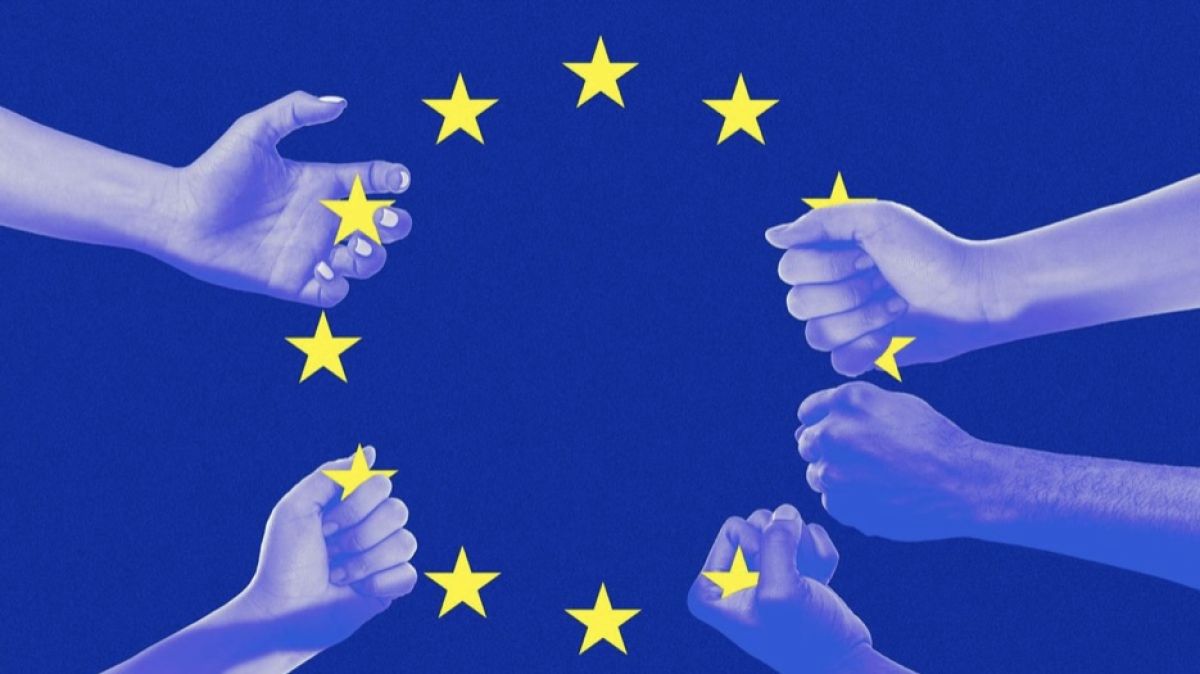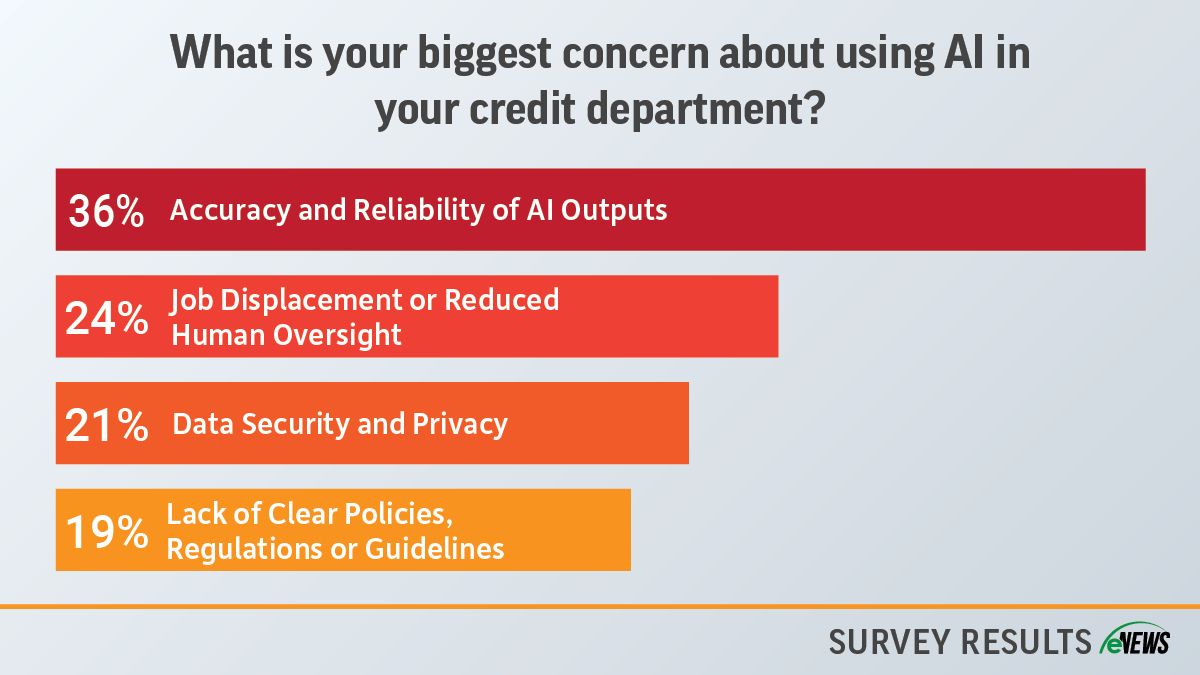eNews, International
Darkening economic outlook for Europe
Europe comprises a host of nations, each with its own unique economies, shaped by the industries that dominate their respective markets and their distinctive political bodies. Collectively, Europe’s economy represents a large share of international trade, meaning weaknesses in one country have the potential to send ripples across the world.

Europe comprises a host of nations, each with its own unique economies, shaped by the industries that dominate their respective markets and their distinctive political bodies. Collectively, Europe’s economy represents a large share of international trade, meaning weaknesses in one country have the potential to send ripples across the world.
However, it is important not to view Europe as a monolith and instead recognize how each country’s economy and industry impact international trade. While recent trends have many European countries flailing, some nations are still seeing growth in the right direction, despite their neighboring countries seeing much of the opposite.
“The general economic outlook is not good, but some countries will do better than others. For instance, Greece and Spain have done very well over the past few years and are expected to continue,” said Markus Kuger, chief economic advisor at Baker Ing, an accounts receivables management company. “Unfortunately, the majority of the eurozone economies won’t do well this year, and that is particularly true for the big economies.”
The eurozone comprises 20 countries in the European Union that have adopted the euro, with seven countries —Bulgaria, the Czech Republic, Denmark, Hungary, Poland, Romania and Sweden— opting to use their own national currency. The German economy is the largest in the eurozone, with its GDP shrinking over the last two years and expected to continue to in 2025 threatening to impede many European economies.
“Germany has seen real GDP growth fall for two years in a row, which is fairly unusual. The last time that happened was over two decades ago in 2002 and 2003,” Kuger said. “A lot of forecasters, including the International Monetary Fund (IMF), expect the German economy to grow this year, but I am a bit more pessimistic and think it will shrink again.”
If 2025 is another year of contraction, it will be the first time Germany has seen three years of consecutive contraction in peace time. The shrinking economy not only hurts Germany, but the neighboring countries —Poland, Czech Republic and Hungary— that share strong trading relationships with the eurozone giant.
“Germany accounts for a third of the eurozone GDP. It is a dominating economy, and it represents a sizeable chunk of the overall market,” Kuger said. “The value chain is certainly very integrated and if Germany is struggling then it’s very unlikely that the Central European countries will do well.”
It is difficult to nail down the exact reason why Germany and other eurozone countries are struggling. One factor is previous reliance on Russian gas, which has since largely been phased out by many countries as the Russia-Ukraine War saw the halting of the gas pipeline that flowed from Russia through Ukraine into Europe. This means energy prices have doubled due to the high cost of importing gas. Higher gas prices and increased restrictions on new oil or gas heating in homes has delayed construction significantly and subsequently hurt the construction industry in Germany.
“Germany is facing a lot of structural problems, the first one being that the business model is effectively broken,” Kuger said. “The business model of Germany for several decades was, ‘Let’s get cheap Russian gas, produce something centered around automotive or chemicals and then sell them globally to the United States or China.’ But these sectors have not driven growth in Germany recently because the demand for these products has dropped and China has become a competitor rather than an import market.”
Germany is not the only eurozone country lagging at the moment. Italy and France’s economies have both struggled over the last year, specifically with political strife in France, with its prime minister being ousted after only a few weeks in office last December.
With a fraught political outlook, France’s economic predictions for 2025 are not much more promising. “France is running a very, very sizable and concerningly high fiscal deficit,” Kuger said. “France is suffering from instability that stems from a hung parliament.”
The European Union predicts that France’s GDP will increase by a modest 0.8% in 2025, with the government deficit expected to sink even further. Comparatively, Italy’s GDP is expected to grow by a meager 1% in 2025, about 0.3% higher than the previous year.
Economic outlooks are only complicated when considering the looming threat of U.S. tariffs. At the moment, it is impossible to predict the size or extent of these tariffs, or if they will even happen at all. The degree of impact can be somewhat gauged by looking at each country’s reliance on the United States. Reliance on the United States may be low for a country like Slovenia that does very little trade with the United States, but considering Slovenia’s reliance on German trade and Germany’s reliance on the United States, it is hard to argue that any size tariff wouldn’t send ripples across even the least dependent nations in Europe.
Markus Kuger, chief economic advisor at Baker Ing, will lead a webinar exploring trends, risks and credit insights related to recent European economic trends on Feb. 26 at 10 a.m. EST. Join us for a look at how key factors like labor markets, political instability and tariffs can impact credit managers internationally.





